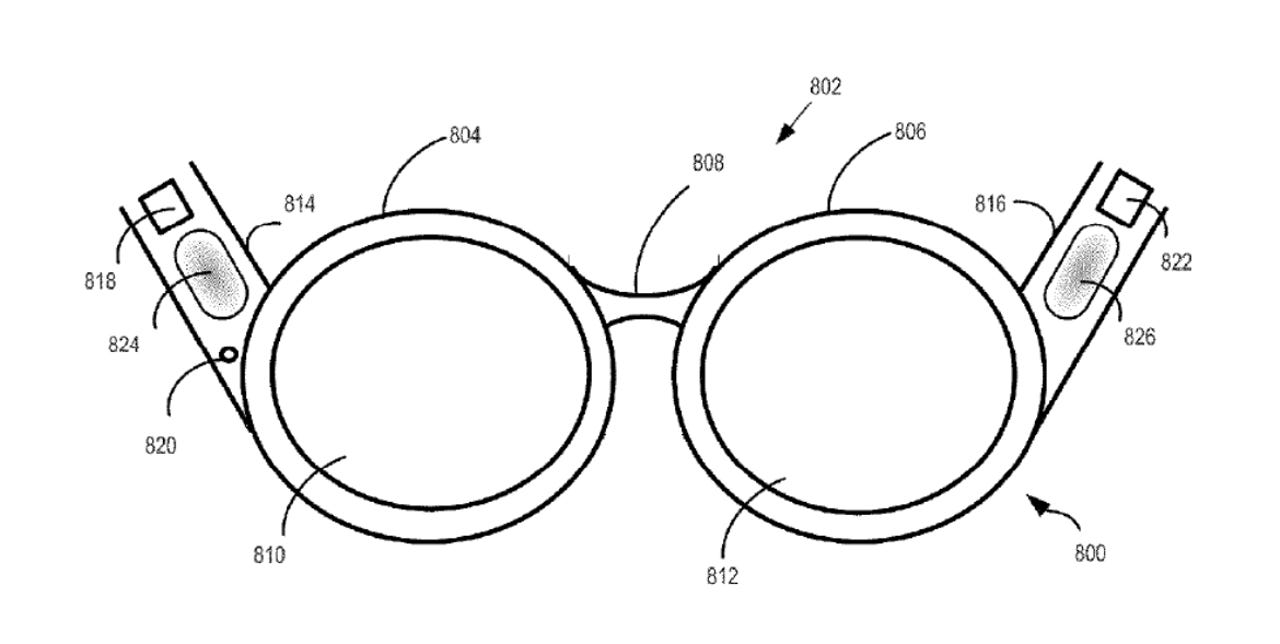New Google patent wants to store and search your life experiences

Our real-life experiences mean something to us. They happen, and are saved in our memories. Now Google has filed a patent for a device that will be able to store your experiences and search for them in its data store.

Google's patent with the US patent office is for a device that will recognise your real-world user experiences, match them, and add the captured data to your experience history data store.
Current Google searches surface data that has been placed online by other users. Google's device will bring you data based on your own real life visual, auditory, and location based experiences.
You might find it hard to remember when you were at the park in May, the dog fell in the fountain and you got drenched getting him out.
Now this device could help you out with images, video and even audio -- total recall. The device will consist of a head mounted wearable -- think Google Glass. The device will have a camera and microphone, activated by voice or location.It will invoke "media data capture" based on your settings when the device is next to a "specific location". The wearable will then transmit the data to a server which will recognise the data and add it to the user's real-world experience history.
The device will indicate when it is going to capture data, it will collect data based on settings of the device and transmit the data to the server for processing.Google wants to enable "a searchable history of real-world user experiences". With the device you could search your own experiences. You could ask it what films you watched last month. You could ask it who you had a telephone call with last Wednesday or what art you saw at the art gallery in January.
You could, in effect, search for anything that had happened to you since you started to wear the device.
You would even be able to search and find out what your friends on social networking sites were doing.
You could find out what your partner saw last night - either on TV or see their live video feed data.
You could use the gathered data for security purposes. If a security guard, or police office wore the device, you could view exactly what he saw during his time on duty.
The device could also capture audio, or be configured to take images at pre-set intervals. Lenses could be used to combine light projection, reflections, lasers and near-to-eye images.
The glasses could be used as either a see-through, see-around or video see-through display. Images captured could be used to create augmented reality and interact with the real world view of the user - as long as the user is wearing it.
Google is taking Glass to the next level. It is using the potential of experience search to mine your own -- and your friends' -- data stores.
As it utilises third party data from the Internet of Things, its store of your past will contain far more experiences than your memory ever will.
Related content: